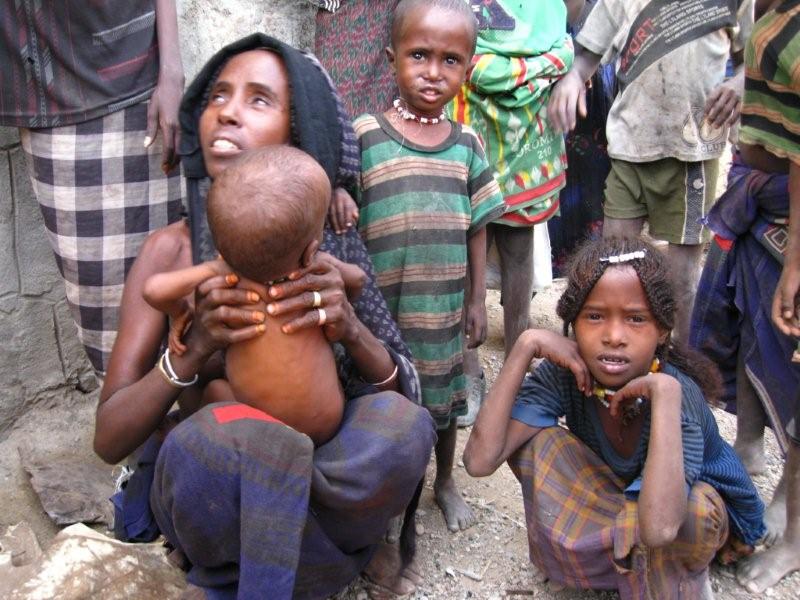To counter these challenges, the UN has allocated US$6 million from its Central Emergency Response Fund (CERF).
“I have directed the humanitarian community jointly to agree on priority areas in which this new money can immediately be put to use," Sarassoro said.
At the same time, the federal Disaster Risk Management and Food Security Sector (DRMFSS) has announced that rising malnutrition and food insecurity were a growing concern and likely to lead to 6.2 million Ethiopians relying on food aid, out of a population of approximately 77 million.
At present, 4.9 million people in the country benefit from relief food.
According to the DRMFSS, the country has a shortfall of 176,000T of food. However, this is likely to increase to 390,000T in the months up to December 2009.
"Because of the existing shortfall, only three of the six planned rounds of food allocations have been distributed to date," the UN Office for the Coordination of Humanitarian Affairs (OCHA), said in a statement on 20 July.
Initial reports show that the UN CERF funding should prioritize five sectors in order to address growing malnutrition and food security, outbreaks of acute watery diarrhoea (AWD) and refugee needs.
Reports indicate that four out of five regions have recorded increasing malnutrition. A poor Belg (long rains) season, from mid-February to mid-May, contributed to food insecurity.
The below-normal Belg performance also left many vulnerable families in even more difficult conditions, according to OCHA, leading to an increase in the provision of therapeutic feeding programmes in Oromiya, Somali, Amhara and Southern regions.
The health bureaus of Oromiya, Amhara and Southern regions have already started implementing the national therapeutic feeding programme (TFP) roll-out plan, with support from NGOs.
"The aim is to achieve full coverage of hotspot woredas [districts] with out-patient therapeutic programmes [OTPs] and TFUs [therapeutic feeding units],” OCHA said.
To achieve full coverage, 28 TFUs and 457 OTPs will need to be opened in Oromiya and 15 TFUs and 502 OTPs in Southern region. Amhara region should also have 35 TFUs and 555 OTPs.
In addition to easing the growing malnutrition and food security problems, the CERF funding will be used to strengthen the fight against AWD outbreaks.
According to the World Health Organization, 579 new cases of AWD have been reported in Addis Ababa, Somali, Oromiya, Harari and Southern regions. The disease has so far claimed 11 lives in these regions.
tw/js/mw
This article was produced by IRIN News while it was part of the United Nations Office for the Coordination of Humanitarian Affairs. Please send queries on copyright or liability to the UN. For more information: https://shop.un.org/rights-permissions





